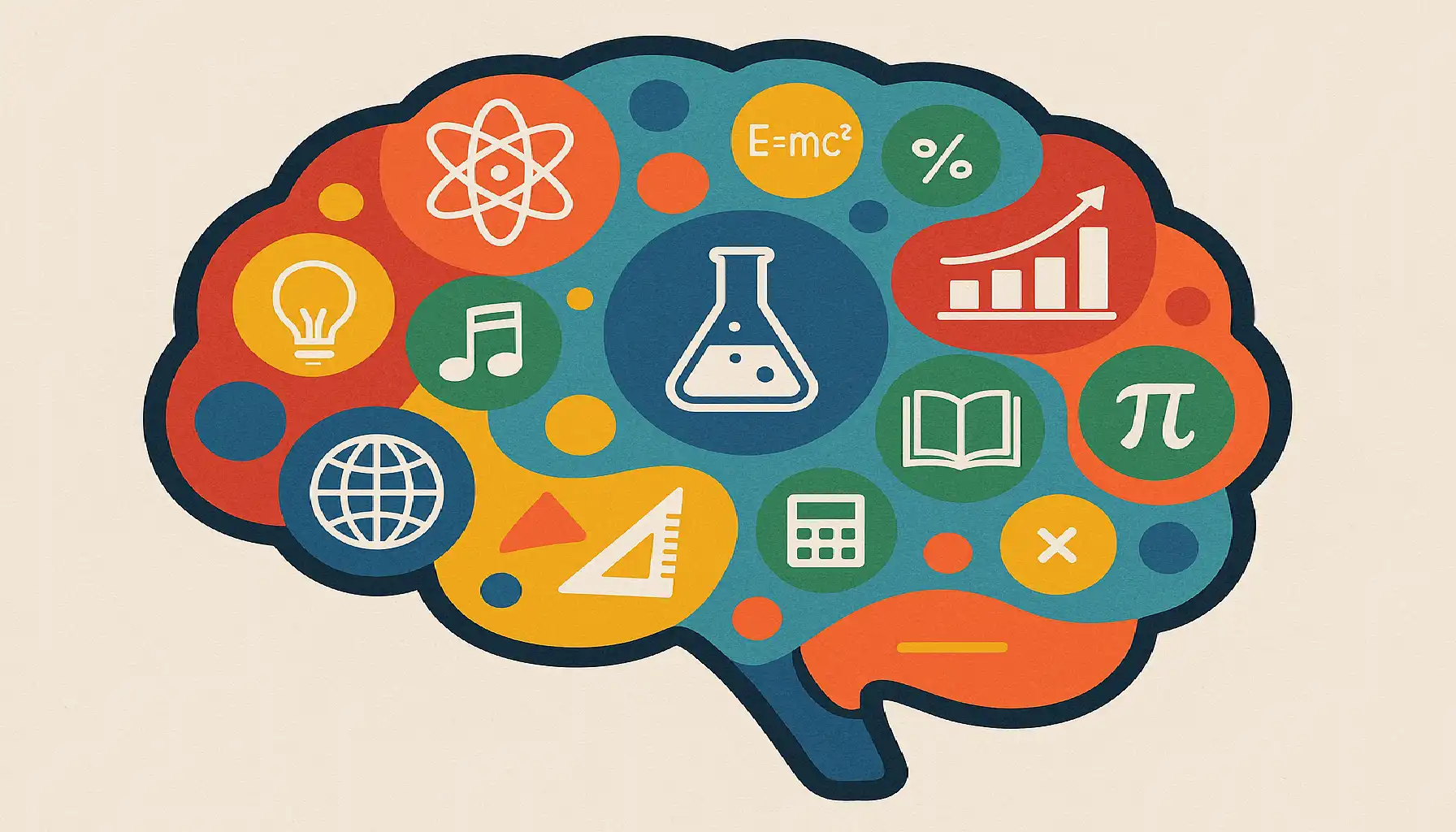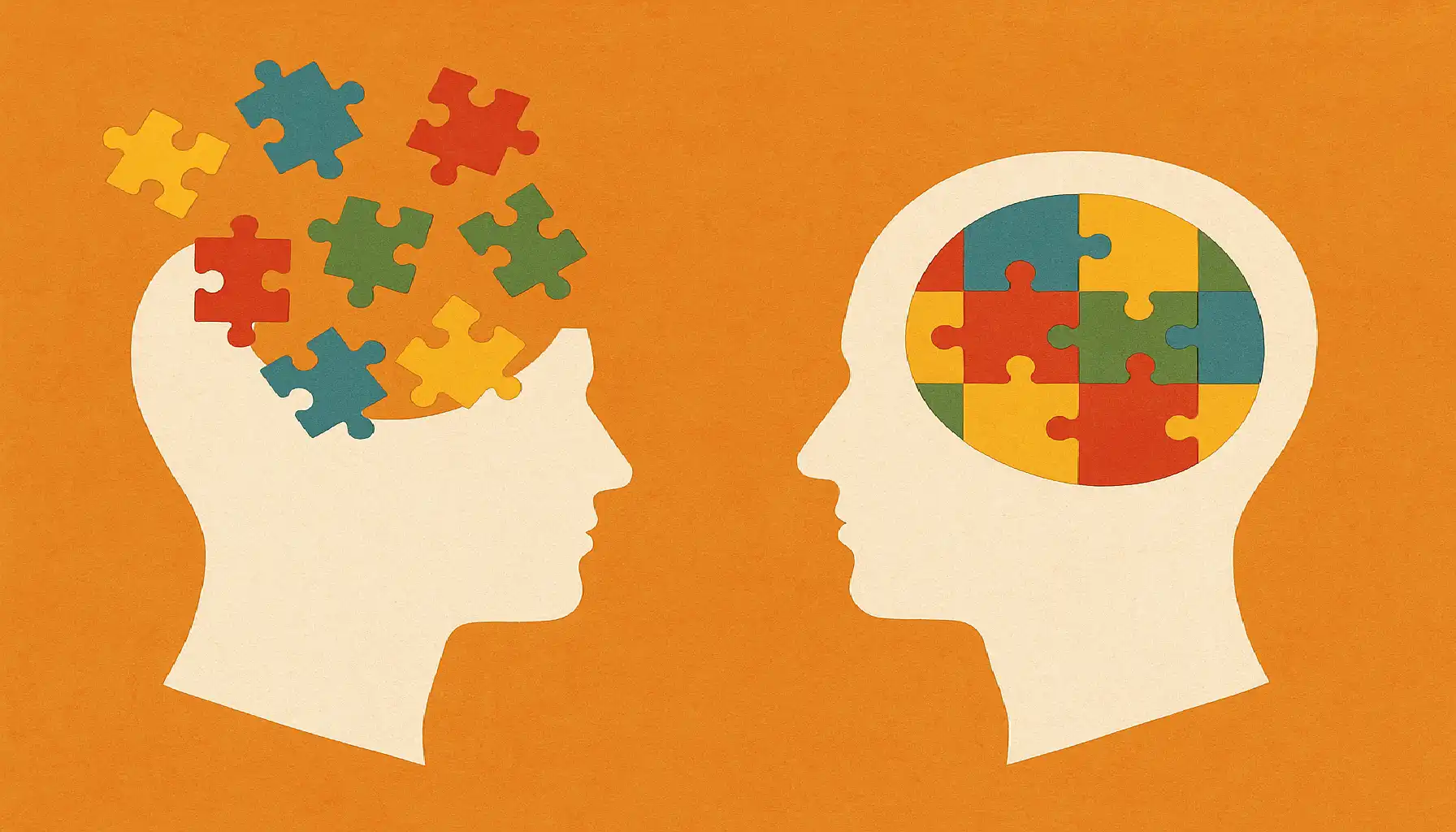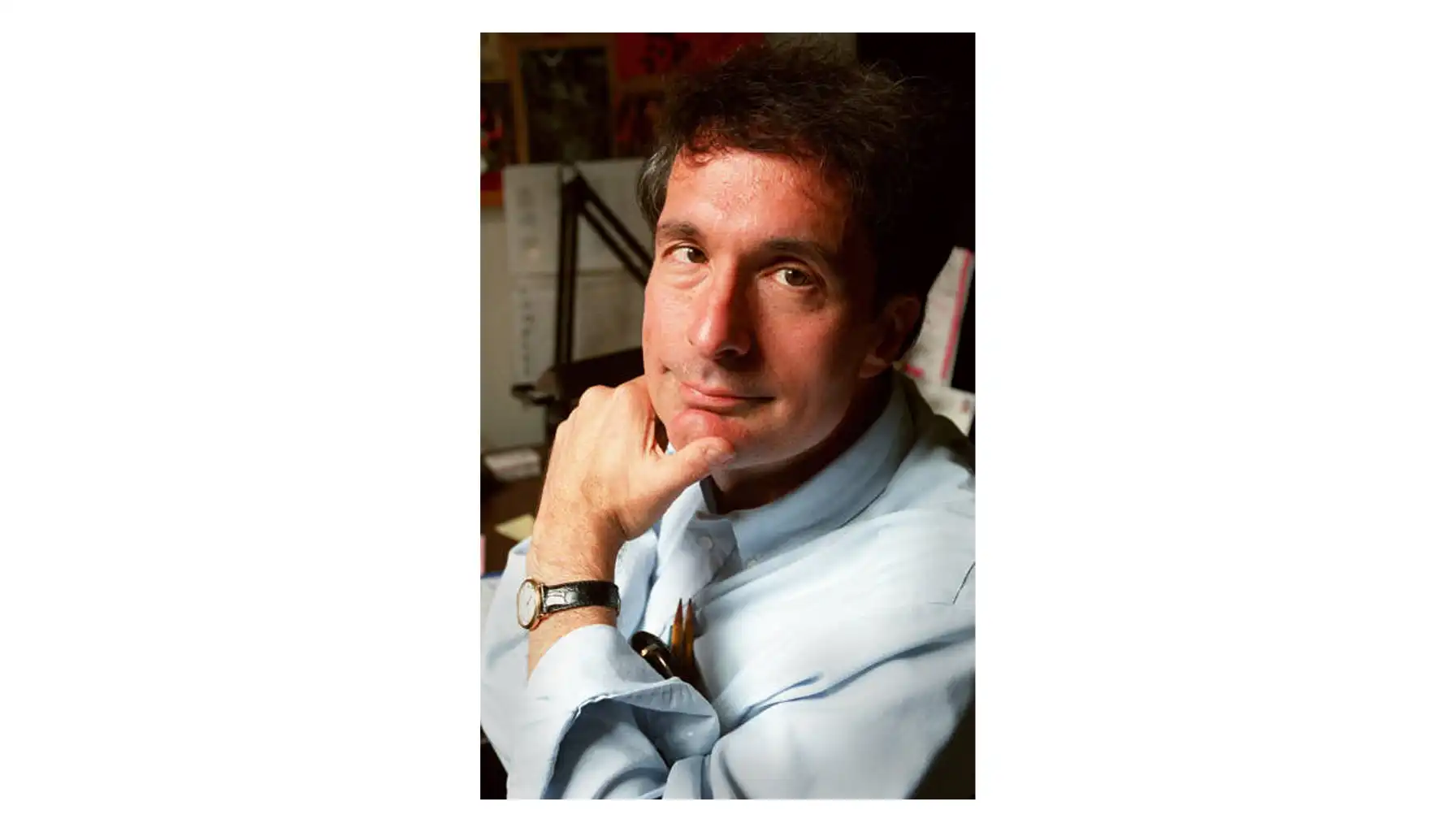What Is Existential Intelligence? (Beyond IQ & EQ)

Contents:
Here's how you can develop existential intelligence, which, according to the existential intelligence Gardner idea, is one of the multiple types of intelligence. The existential intelligence definition is a human's ability to think about serious questions like life, death, and why we are here deeply. It's not only about philosophy, but about feeling and exploring our inner questions.
Developing existential intelligence is a very personal and deep journey. It's not something you can just learn like math facts, but it's a skill you can make stronger. People with well-developed existential intelligence often look for meaning and purpose, understand that life ends, feel connected to something bigger, can look deeply at themselves, and are okay with not having all the answers.
These characteristics of existential intelligence are different from how we usually measure IQ and EQ.

Check our cognitive games to know more!
From Spearman to Howard Gardner
When we talk about it, many people think of a simple IQ test. But understanding human intelligence is much more varied thanks to the work of different scientists. For example, psychologist Charles Spearman came up with the idea of general intelligence.
He believed there's one main skill that helps us with all kinds of thinking tasks. Robert Sternberg developed a theory with three types of intelligence: analytical, creative, and practical. It helped to see how people show their smarts in different real-life situations.
However, it was existential intelligence Howard Gardner added as one of his "multiple types" that really changed the conversation.

Examples of Existential Intelligence
Ask Yourself the "Big" Questions
Start by regularly taking time to just think. This example of existential intelligence can be short moments during your day or dedicated times. Ask yourself:
"What's the meaning of my life?" Even small daily joys can be important.
"Where do I fit in the world, in society, in the universe?" Think about your connections to other people, nature, and history. Many existential intelligence famous people do meaningful artistic or charity work likely have it.
"How do I feel about life ending? Knowing life ends can really push you to live more completely and with purpose.
"What are my deepest values? Knowing what's important will help you to make choices that truly reflect yourself.For existential intelligence jobs, consider roles that involve deep thinking about life's purpose and helping other people find meaning.
These kinds of questions are what define the existential intelligence characteristics. Existential intelligence examples involve constantly thinking about these profound questions.
What does existential intelligence mean is exactly this ability to think deeply about existence. Some even think, "is an existential crisis a sign of intelligence?" as it can lead to deeper thought.

Practice Being Present and Meditating
Mindfulness is about being fully in the current moment, without judging anything. It helps you to see thoughts and feelings without getting caught up in them. It creates space to think deeply about yourself, even about topics like the existential risk from artificial intelligence.
Meditation is a great way for mindfulness development. Even 5-10 minutes a day, just watching your breath or your thoughts, can greatly improve your ability to look inside yourself and understand deep issues. It helps you "hear" your inner thoughts that often get lost in daily business.

Study Philosophy and Literature
Philosophy: Reading about philosophy even just generally on topics like the meaning of life, ethics, or existentialism, like Sartre or Camus, can give you new ways of thinking and introduce you to questions great minds have asked for centuries.This is how to improve existential intelligence.
Literature: Some stories and books often explore what it means to be human, moral choices, and the search for meaning. Reading classics or modern books that make you think can enrich your inner world.These are great existential intelligence activities that help you understand yourself better.
Art: Visit art shows, listen to music, or watch movies that make you feel strong emotions or think about something bigger. Art often shows big, important feelings without talking, you just "get it" without having to think logically.
You can find some interesting existential intelligence images that visually represent these concepts.

Spend Time in Nature
Many writers and philosophers have addressed nature with the question of truth. According to the definition of existential intelligence, Being in nature can help you feel connected to something much bigger than yourself.
Look at the stars, listen to the music, and feel nature.

It helps you to understand how vast the world is, and your place in it. Nature doesn't judge or rush, letting your thoughts flow freely.
Keep a Diary
Many people are embarrassed to keep diaries, but it's actually a very useful exercise. You're learning to express your thoughts. Don't worry about perfect sentences, just write what comes to mind. Looking back at your notes shows you how you've changed .It will help you to know yourself better.

Look for New Experiences
Trying new things like travel, different cultures, volunteering, or even new jobs can get you out of your usual habits and help you see the world differently. When you try something new, you often start to think about your place, what you believe, and why things happen.There is a concern about the existential risk from artificial general intelligence, meaning a smart AI could possibly threaten our future.

Accept Uncertainty
Existential intelligence is often about accepting that not every question has a clear answer, and that life is full of things we don't know. Instead of trying to find the perfect solution for everything, try to accept this uncertainty as part of being human.
It can make you feel calm and less worried.

The 9 Types of Intelligence by Howard Gardner
Besides the existential one, famous psychologist Howard Gardner came up with the idea of existential multiple intelligence. He thought it isn't just one type, but many different skills. Here are the other ones:
Linguistic: The ability to use language well, both when speaking and writing. It is common for writers, poets, journalists, and speakers. They easily remember words, can express thoughts clearly, and understand how language works.
Logical-Mathematical: The ability to think logically, solve math problems, and find patterns. For example, scientists, mathematicians, engineers, and programmers. Such people like to solve puzzles, to analyze information, and to build logical connections.
Spatial: The ability to think about things in 3D space, imagine images, and find your way around. People like architects, designers, artists, navigators, and chess players can easily read maps, picture things from different sides, and have a rich imagination.
Bodily-Kinesthetic: The ability to control your body to show thoughts and feelings, and to solve problems. For instance, dancers, athletes, surgeons, actors, and craftspeople have good coordination, are agile, and have a sense of rhythm.
Musical: The ability to understand, create, and perform music. Musicians, composers, and singers have a sense of rhythm, harmony, and melody, can easily remember music, and play it back.
Interpersonal: The ability to understand what others intend, their reasons, and their desires, and to interact well with them. A lot of teachers, psychologists, and salespeople know how to listen, to resolve disagreements, and to build strong relationships. This is often confused with EQ, but EQ is broader and also includes understanding yourself.
Intrapersonal: The ability to look inside yourself, understand your own emotions, reasons, strengths, and weaknesses. This is seen in philosophers, writers, psychologists, and people who are very aware of themselves and their feelings. They know themselves well, their values, and how to manage their feelings and behavior.Also is part of EQ
Naturalistic: The ability to recognize any plants, animals and other parts of nature. Some of the biologists, botanists, ecologists, farmers, hunters, and fishermen are sensitive to nature, they like spending time outdoors, and understand how nature works.
It's also important to mention the concept of existential risk from artificial intelligence. It refers to the potential AI to threaten human existence, a topic that often prompts deep existential reflection. We should pay more attention to the fact that there is an artificial intelligence existential threat.
It's important to remember that, according to Howard Gardner's existential intelligence theory, everyone has all these types of intelligence, but at different levels. Some might be stronger, and others weaker. Improving one type doesn't stop others from developing.

Careers for Existential Intelligence
Existential intelligence people often find suitable existential intelligence careers in jobs that involve deep thinking and helping others find meaning.While it's difficult to definitively name famous people with existential intelligence without direct insights into their deepest thoughts, many philosophers and artists are often considered to possess this trait.
Jobs for existential intelligence can include philosophers, religious leaders, writers, artists, scientists especially those studying big questions like the universe, psychologists, counselors, and spiritual guides. A famous person with existential intelligence could be a philosopher like Albert Camus or a deep thinker like Carl Sagan. There are many recognized existential intelligence test or but no standard existential intelligence symbol.
In conclusion, the strengths of existential intelligence are its ability to give us meaning, purpose, and strength when we face life's biggest questions. You can imagine existential intelligence images that show deep thought. While specific celebrities with existential intelligence aren't usually named, you can become one of them.





